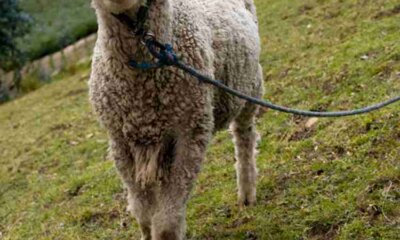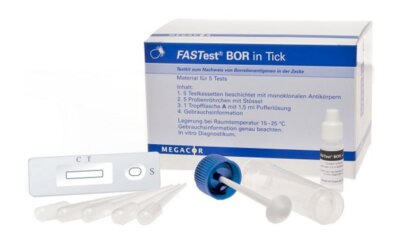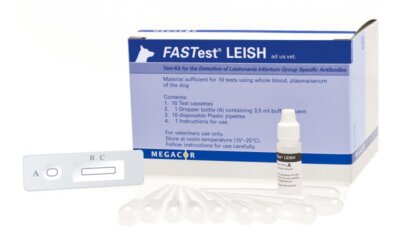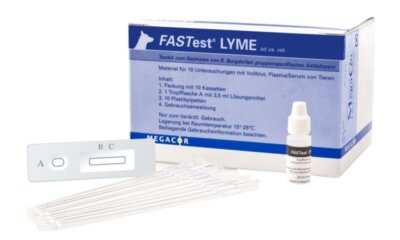Home > Veterinary news from industry experts
Veterinary news from industry experts
Pet hospice providers believe a loved pet deserves the same care at the end of its life as it did in its prime.
Euthanasia has become the responsible pet owner’s first last resort when faced with a terminally sick, suffering or simply aged pet with a rapidly deteriorating quality of life.
Read More
More and more Brits are keeping livestock animals as domestic pets. Exotic herd animals including llamas, alpacas, and other camel-type species have joined sheep, pigs and goats on the list of ‘pet’ animals served by veterinary laboratories.
Read More
25 years on from the introduction of The Dangerous Dogs Act, researchers from the Battersea Dogs and Cats Home have published a report claiming there’s little evidence to suggest that the controversial law has reduced the frequency of dog attacks in the UK.
Read More
Britain's biggest veterinary survey of blood-sucking tick infection shows that 1 in 3 dogs could harbour this disease-carrying parasite.
When you're out with your dog in the countryside, your dog could be at risk of picking up a hitch-hiker unawares.
Read More
Checking the faeces of sheep, goats, cattle, horses and the UK’s growing lama and alpaca herd for tapeworm eggs is a tried and tested method for monitoring gastrointestinal parasite infestation.
McMaster Slide Faecal Egg Count Technique
Since 1939, the McMaster Slide Faecal Egg Count Technique has provided veterinary laboratories with a means of quantifying the number of parasite eggs in a faecal sample.
Read More
If you haven’t yet heard about canine leishmaniosis (Canl or CaniLeish), one thing is certain – you will, and very soon. Here’s why your vet might need to test for Leishmania, and what you can do to protect your dog when travelling abroad in high-risk areas.
Read More
Perfect veterinary microscopy doesn't need an expensive microscope, just the right microscope for your veterinary laboratory.
Identifying a parasite, diagnosing a disease or visualising a histological condition requires a combination of veterinary expertise, skill with an optical microscope and the right microscope for the task.
Read More
In the UK’s biggest ever study of ticks and tick-borne diseases, veterinary laboratory scientists at Bristol University signed up more than 1400 local vets and their canine clients.
Between April and July 2015, the months when parasitic ticks are most active, vets examined over 14,000 dogs reporting that nearly 30% were found to carry blood-sucking ticks potentially infected with deadly dog diseases including Lymes Disease, Anaplasmosis and the new threat, Canine Babesiosis.
Read More
Evidence Based Practice (EBP) is driving measurably improved patient outcomes in human medicine and surgery. Evidence Based Veterinary Medicine (EBVM) is having a parallel impact on diagnosis and treatment in both large animal and pet animal veterinary practices.
Read More
As the UK pet population grows and personal finances shrink, the opportunities for vets to engage with animal charities can only increase.
In 2015 The BVA found more than 70% of UK vets in some kind of reduced fee arrangement with animal charities and over 40% carrying out totally unpaid work for animal welfare organisations.
Read More












